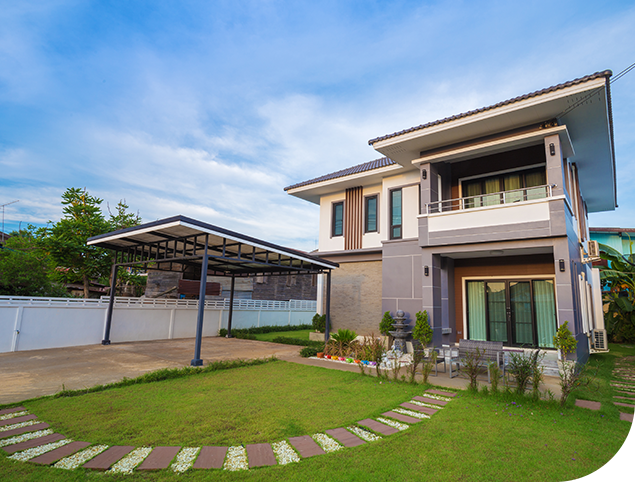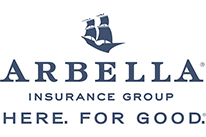Owning a condominium comes with many risks: fires, theft, wind, and vandalism in addition to liability risks. Picking out insurance is one of the most important buying decisions the condo association is going to make, especially since their needs are unique. The insurance must provide suitable coverage for the given building while also meeting the state requirements.
This article explains what condo association insurance is, what it covers, and how to save money on the policy.


First, it might be useful to clarify what a condo association is. It is an administrative unit formed by the condo owners who collectively manage the expenses, repairs, and insurance of the condominium building. While each condo owner is responsible for their personal unit, the condo association manages the common areas and structures, such as hallways, lobbies, swimming pools, elevators, and outdoor spas, and is responsible for their maintenance.
It follows that condo association insurance protects the property managed by the association, but also establishes which parts of the building need to be insured by the individual unit owners. The policy that outlines which parts of the complex are shared responsibility is called the association master policy.

Condo association insurance covers the unit owners’ shared risks, including both liability claims and physical damage to the common areas of the building. The association master policy usually covers common areas, including sidewalks, roofs, and basements, and shared equipment. Each individual unit and its contents are the responsibility of the unit owner and can be insured with Condo insurance Cambridge ma.
The condo association master policy generally falls under one of the three types of coverages:
There are also association bylaws that can further clarify what is covered by the master policy and what is the individual responsibility of the unit owners.
Condo association insurance consists of two main protections:
Prices for a standard condo association insurance can be as low as $37 per month.
Both wear and tear and damage due to pests are the responsibility of the building’s owners. Regular upkeep and pest control are seen as the minimum requirements for maintaining a property.
You will also need to consider other insurance types to provide complete coverage:
Saving money on insurance does not necessarily mean settling for inferior coverage. Sometimes it just requires taking some time to weigh different options and making sure that the policy you are getting truly matches your needs. Additionally, there are some things you can do before reaching out to an insurance provider. Here are some recommendations for lowering your insurance costs:
Each insurance company calculates risk differently, which can lead to different prices on policies. Getting quotes from several insurance companies gives you the freedom to compare policies and find the best deal on the market. Compare carefully using spreadsheets and other tools to help you, and pick the policy that has everything you need.
Installing sprinklers and fire extinguishers reduces the risk of a huge fire. Since it is less probable that the building is going to be severely damaged in a fire, the insurance agencies can offer lower premiums.
Security guards, burglar alarms, entry codes, and other security devices will reduce the risk of theft and vandalism, thereby lowering your premiums.
Increasing deductibles naturally leads to lower premiums. However, when something happens, the association is going to have to pay more out-of-pocket.
When you classify directors and officers as employees, the employee dishonesty section of the policy will also apply to them This way, when someone commits fraud or other crimes, the insurance will cover it.
There might be differences between your version and the carrier’s, so make sure the carrier is aware of all the improvements made and the current condition of the property.
We know that insurance can be tricky to navigate. If you would like to discuss your options with an insurance expert, send us an email give us a call, or fill out the free quote form on our website.




